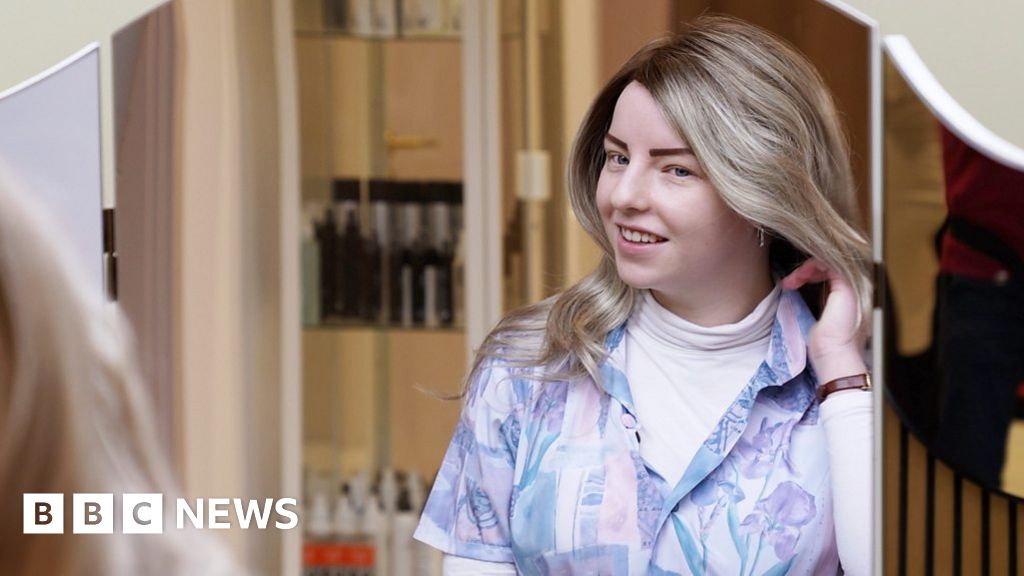All cells within the same cancer are not the same. They all have genetic errors that turn them into tumour cells, but these errors are not identical. In each cancer, there are populations of cells with different mutations, and it is important to know each population, because one of them can become more dominant and cause the cancer to resist treatment. However, research seeking to understand the properties of each group of cells in a tumour has progressed very slowly so far.
A study by the H12O-CNIO Haematological Tumours Clinical Research Unit now demonstrates in multiple myeloma cells that a technique based on evolutionary theory is useful to reveal how each cell population responds to different drugs, making the tumour resistant.
Evolutionary competition within the tumour
A cancer can be seen as an ecosystem in which slightly different cells engage in an evolutionary battle in which the strongest, or the most capable of resisting treatments, will survive. The technique used by CNIO researcher Larissa Haertle, called Clonal competition assays, shows in real time how the different tumour populations manage to adapt to each treatment, until a certain population becomes dominant over the others.
It is a very visual tool: the different cell populations are stained different colours, cultivated together and subjected to the various treatments available. After a while, the colour of the population whose genetic profile has allowed it to resist the drug used can be seen to dominate the culture.
A highly heterogeneous tumour
Understanding the behaviour of different cell populations is especially important in multiple myeloma, a cancer of the blood that often reproduces because it becomes resistant to drugs. Multiple myeloma “is very heterogeneous,” Haertle explains. “The same tumour can contain many different genetic alterations, and we have to approach it as if it were lots of different tumours.”
“Clonal competition assay allow us to see how each population of cells in the same myeloma reacts to treatments,” she adds. “It gets much closer to understanding the heterogeneity of each patient than usual methods to. And we can see in real time how cells develop.”
Better able to survive and multiply
With these trials, researchers have studied the KRAS gene, altered in 20% of patients with multiple myeloma. They have found that two specific KRAS mutations give an adaptive advantage to the cells that carry them, since in the tests carried out they multiplied more than the non-mutated cells.
They have also discovered three specific alterations — in other genes — that are only advantageous to tumour cells in the presence of two common drugs to treat multiple myeloma. So these treatments gave them an adaptive advantage.
“When the drugs were applied, all the other cells died, but those with these mutations became survivors,” Haertle explains. To prevent the tumour from becoming resistant through this mechanism, the authors suggest taking “breaks” from treatment, or even changing treatment when the aforementioned mutations are detected in patients.
The first author, Haertle, and the senior author, Santiago Barrio, have developed this study at the H12O-CNIO Haematological Tumours Clinical Research Unit, led by Joaquín Martínez-López, and at the Department of Internal Medicine II of the Würzburg Teaching Hospital (Germany).


